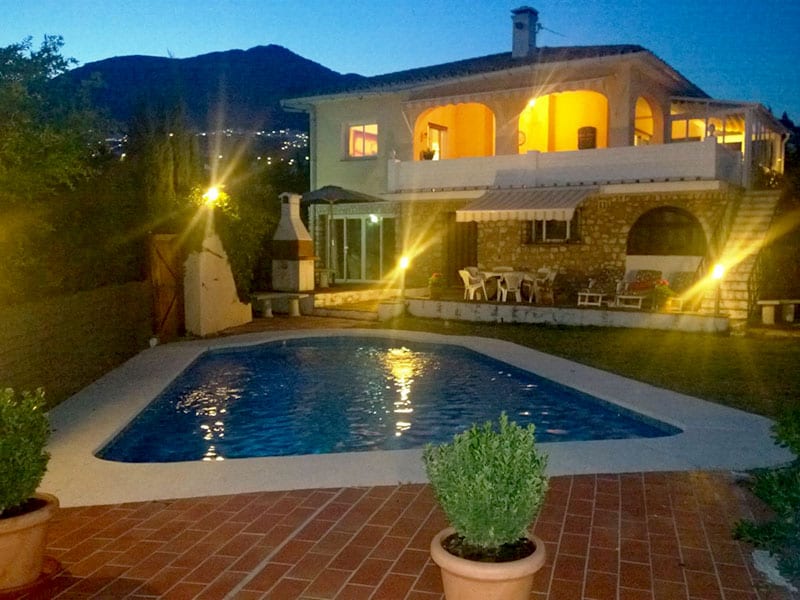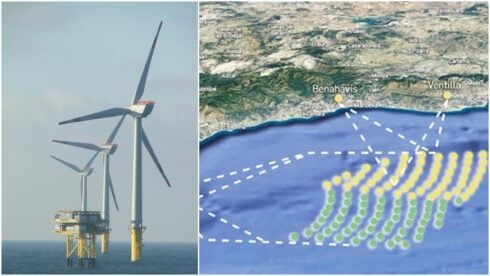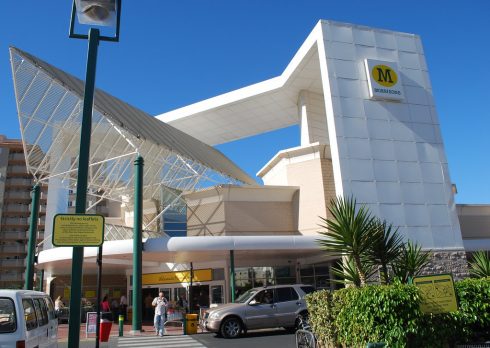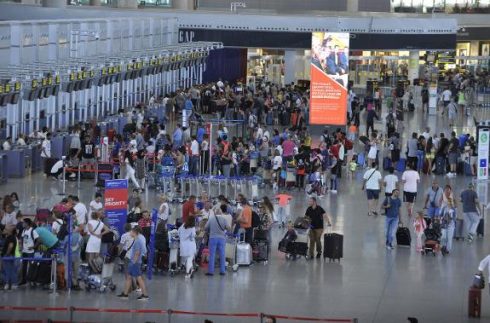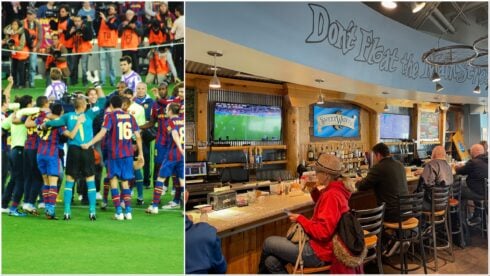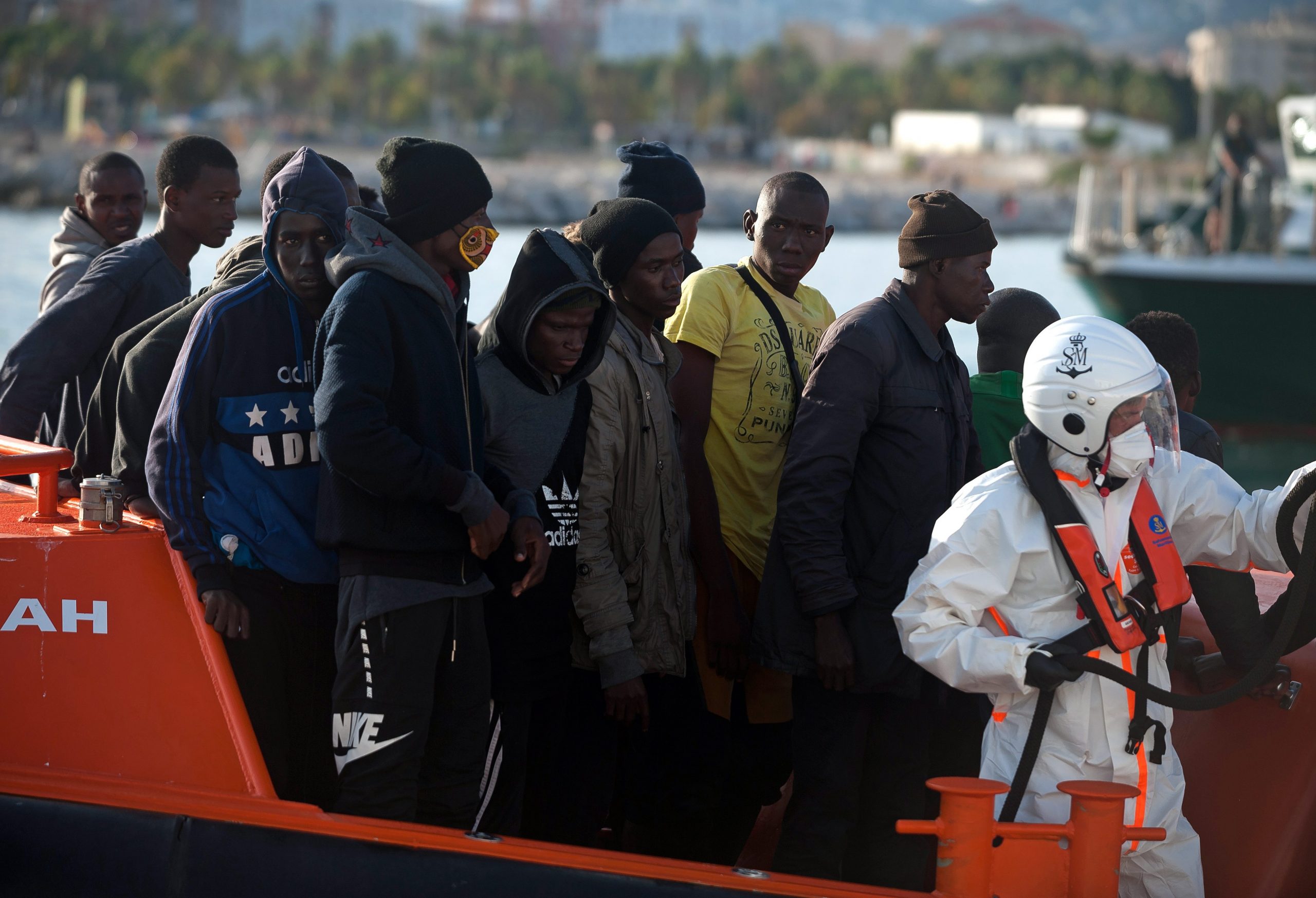THE Junta is going to allocate €72.8 million direct aid for hotels, tourist apartments and rural accommodation in the region—the big loser holiday rentals.
The main recipient of the aid are hotel establishments, which will see €60 million distributed in the sector. €9 million will go to tourist apartments—NOT homes or rentals, we’ll get to that in a minute—and €3.8 million for tourist campsites and rural tourist establishments.
For further clarification into who gets what and when, The Olive Press has spoken directly with consultancy expert Joanna Elliott, from Puro Consulting, who sheds light into exactly what hoteliers and people within the hospitality industry, who apply for the aid, can expect to receive in the coming months:
- *Hotels: The aid for hotels will be €200 per hotel bed available in the hotel establishment, with a limit of €200,000 per establishment and a minimum of 3000€.
- *Tourist flats: €80 per bed with a limit of €50,000 per tourist apartment and a minimum of 3000€.
- *Tourist campsites and rural tourist establishments: For motorhome overnight stay areas, there will be a fixed amount of €3,000. For campsites and rural tourist establishments, the amount will be determined according to the number of employees as of March 13, 2020 (up to 9 employees: €10,000, and 10 or more employees: €20,000).
*All establishments eligible for aid have to have been included in the Andalucian Tourism Register (RTA) on March 13, 2020.
Categories:
The amount of these subsidies may be used to cover expenses in any of the following categories:
- Raw materials and other inputs for manufacturing, stocks, rent, supplies (water, electricity, gas).
- Personnel costs: Wages, salaries and employers’ social security costs.
- Others: Cleaning, maintenance and repair of vehicles used for the activity, security, consultancy, tax, accounting, personal protective equipment (PPE), protective screens and CPR tests.
Beneficiaries:
- Persons and/ or companies that carry out their activity prior to the date of entry into force of Royal Decree 463/2020, of March 14, declaring the state of alarm; that have their tax domicile in Andalucia; that they are registered in the Economic Activities Tax (Tax office), in the case of self-employed SMEs, they are registered in the Special Social Security Scheme for Self-Employed or Self-Employed Workers (Social security office); registered in the Andalucian Tourism Register (RTA), and that they can accredit the drop in sales or income caused by the negative economic impact caused by the health crisis of at least 20% in the financial year 2020 compared to the financial year 2019 and that they are not a company in crisis on December 31, 2019.
- Large-scale hotels, such as those with over 250 employees with an annual turnover of up to €50 million are EXCLUDED from this support package.
Steps to follow to apply for the aid:
Elliott highly recommends that all hoteliers and people within the hospitality industry who believe they are eligible for the aid to contact their administrator (gestor) to complete the relevant documents as supporting data will be required.
The aid will be issued on a first come, first served basis, and the deadline is one month after the submission process has been initiated. (Tourist apartments and campsites opened last Thursday, Hotels still pending at the time of publication of this explainer).
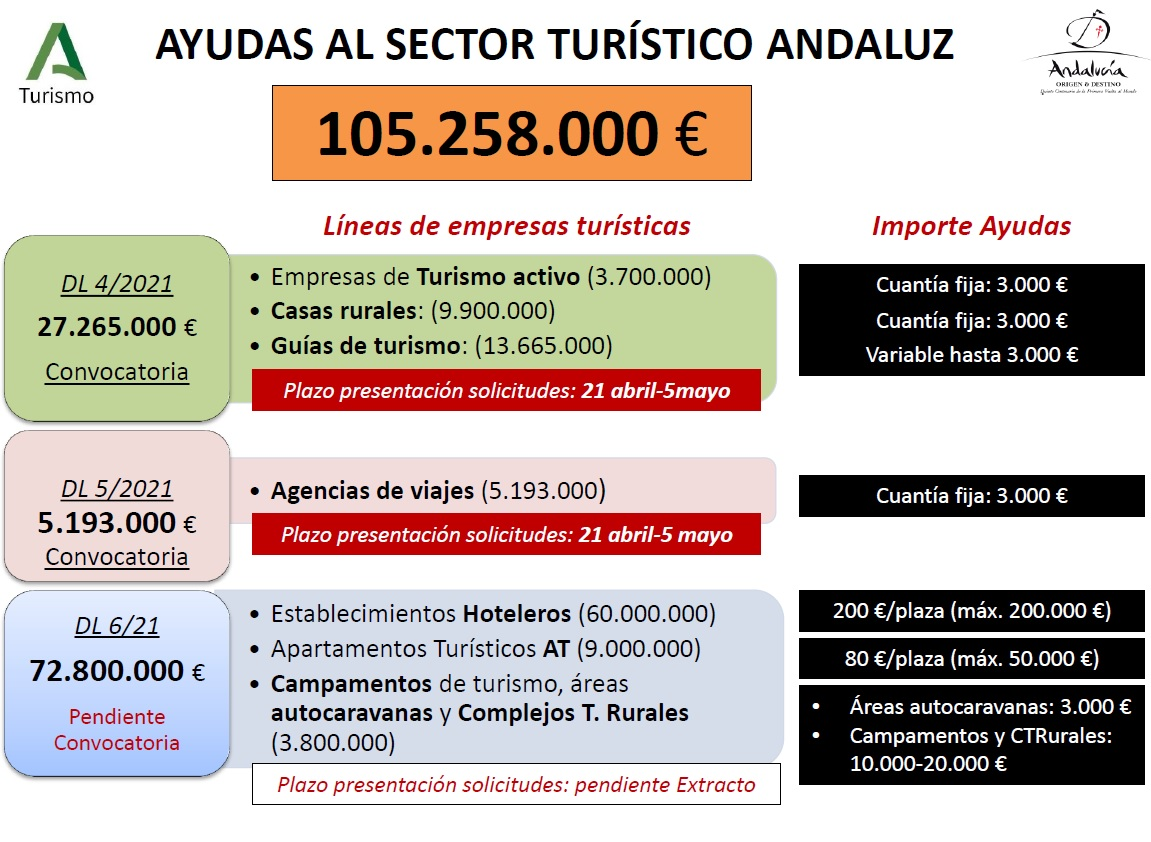
The evaluation process can take up to six months and only those who have been found eligible for aid will be contacted.
One of the additional requirements for those companies that receive aid is that they must remain open up to six months after the application deadline.
For more information from the Junta: Extraordinary aids to the tourism sector as a consequence of COVID-19
For struggling hoteliers and people within the hospitality industry, the news of a new raft of Government aid has come as a welcome relief.
However, not everyone has met the announcement with joy. In fact, in this new raft, there is one big looser—holiday rentals or holiday homes.
The Olive Press has contacted Carlos Perez-Lanzac, president of the Andalucian Tourist Housing Association (AVVA) for an exclusive interview on the matter.
Following the announcement of the Junta’s support package for the hotel and tourist apartment sector, Perez-Lanzac openly criticised the Junta for excluding holiday rentals from receiving subsidies, in favour of large hotel companies who are already ‘flooded with millions in economic support’ Perez-Lanzac said.
According to the AVVA frontman, holiday rentals in Andalucia account for almost 50% of the region’s revenues in the sector.
“Yet when it comes to distributing aid, we have been completely forgotten in the most malicious and inappropriate way possible” Perez-Lanzac said.
“Despite being a sector that generates €1.2 billion in Andalucia, 63% of which affects local commerce, restaurants, car hire and similar local services.” he added.
According to Perez-Lanzac, holiday rentals were the pioneers at the beginning of the pandemic in making their accommodation available to the Andalucian administration so that it could be used free of charge by health workers and front line personnel.
“And this is how they pay us back, by leaving us out in the most unfair and arbitrary manner.”
According to Perez-Lanzac the ‘excuse’ given by the Junta for excluding holiday rentals is because they are considered ‘a non-economic activity’.
Perez-Lanzac assured the Olive Press that he will not ‘consent’ to this situation and ‘absurd excuse’ and will ‘keep fighting with the Administration’.
AVVA currently represents 9,000 tourist homes and nearly 45,000 accommodation places.
Differences between tourist apartments (included in the support package) and holiday rentals or holiday homes (excluded from the aid).
Perhaps it’s easier to start with what tourist apartments and holiday homes have in common:
Both are alternatives to traditional hotel accommodation that emerged in the heat of the concept of collaborative economy.
They are both properties that offer a temporary accommodation service for short stays, generally to tourists, hence their name.
The main difference between tourist flats and tourist homes is their corporate name.
In Andalucia, tourist apartments are establishments consisting of accommodation units that are offered as self-contained accommodation, and managed under one management team, usually an entire building or complex consisting of flats, apartments, villas, chalets or similar. They must be registered as a company, have an activity licence and registered in the RTA.
Tourist homes, on the other hand, although also registered with the RTA, only have an occupancy licence in the homeowner’s name, any income is declared in the annual income tax return. (Model 100) or non-resident income tax (model 210).
READ MORE:
Click here to read more News from The Olive Press.

